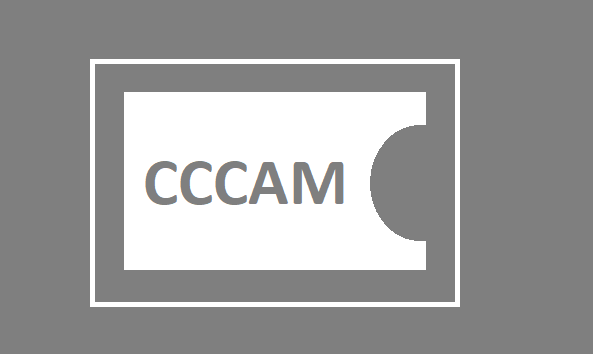1. What Is Cardsharing?
- Card sharing, also known as control word sharing, is a method that allows multiple clients or digital television receivers to access a subscription television network using only one valid subscription card1.
- Imagine having a single subscription card, but sharing its access across various receivers. This process enables cost-effective access to premium channels.

2. The Role of CCcam
- CCcam is a specific protocol within the broader cardsharing process.
- It facilitates communication between the server (where the subscription card resides) and the client receivers (the devices connected to your TV).
- CCcam is one of several cardsharing protocols, each serving as a bridge between the server and the clients2.
3. How Does Cardsharing Work?
- Let’s break it down:
- Subscription Card: You start with a legitimate subscription card (e.g., for Sky DE, Canal+, or other pay-TV services).
- Server Setup: The card is connected to a server (often running CCcam or other protocols). This server acts as the central hub.
- Client Receivers: Multiple receivers (set-top boxes or other devices) connect to the server via the internet.
- Sharing the Control Word: When a client wants to watch a specific channel, the server sends the necessary decryption key (control word) to the client. This allows the client to decrypt the channel’s signal.
- Simultaneous Access: Multiple clients can simultaneously access different channels using the same subscription card.
4. Legitimate and Illicit Use of Cardsharing
a. Legitimate Use (Multi-Screens)
- Within a single household, cardsharing can be considered legitimate if it enhances multi-screen functionality.
- Example: Sky Multiroom in the UK allows viewing on multiple screens within the same home, albeit at an additional cost.
- However, some provider contracts explicitly prohibit card sharing, so always check the terms.
b. Illicit Use (Piracy)
- Unfortunately, cardsharing has become a widespread method of piracy.
- Here’s how it happens:
- European Context: European borders allow users to capture satellite TV signals from neighboring countries.
- Short Access Keys: The relatively short access keys (64 bits) make it easy to share them via the internet.
- Card Sharing Networks: Users share their subscription cards, allowing others to access channels they’ve decrypted illicitly.
Conclusion
Understanding cardsharing and CCcam sheds light on the intricate dance between legitimate multi-screen access and unauthorized channel decryption. Whether you’re a curious enthusiast or a cautious viewer, these concepts shape the way we experience satellite TV.